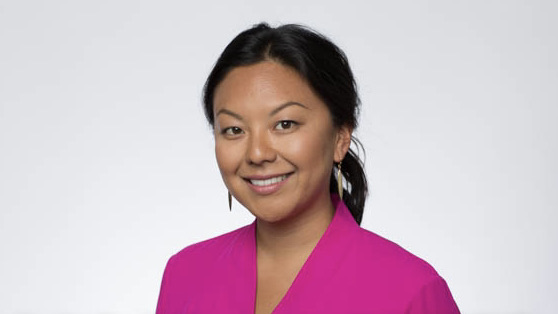Sarah Oh
Sarah Oh is a leader focused on the use of technology to protect human rights. Sarah has more than a decade of experience, most recently leading Facebook’s crisis response efforts in the Asia Pacific and South Asia as a senior member of the Strategic Response Team within the Office of the CEO and COO. In this role, she oversaw Facebook’s response to the 2017 Rohingya refugee crisis in Myanmar, managing efforts across product, policy, and operations. She instituted path-breaking processes that enabled civil society to influence global product design decisions at the company.
Before Facebook, Sarah collaborated with civil society in Myanmar to address online hate speech and promote digital rights during the country’s ‘connectivity revolution.’ Ahead of Myanmar’s 2015 elections, Sarah established education programs and events to develop digital voter education tools that reached millions of voters online.
Sarah began her career at the National Democratic Institute where she served as the non-profit’s inaugural Silicon Valley Partnerships Representative. In addition to establishing strategic relationships between tech companies and civic groups, she provided oversight on projects leveraging open data to help citizens engage in politics. She also organized legislative exchange programs for the House Democracy Partnership, a bipartisan commission of the U.S. House of Representatives that convened legislators from emerging democracies to share strategies for accountability and transparency.
Sarah advises company executives, elected officials, and nonprofits on responsible business growth, equitable partnerships, atrocity prevention, conflict mediation, and transitional justice. She has worked on assignments focused on Southeast Asia, the Western Balkans, North Korea, West Africa, and Panama.
Sarah received her BA with honors in political science from Northwestern University and was previously a Visiting Scholar at The Center for Information Technology Research in the Interest of Society and the Banatao Institute at the University of California.


